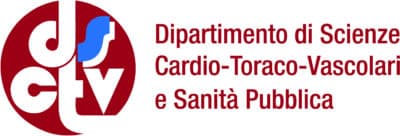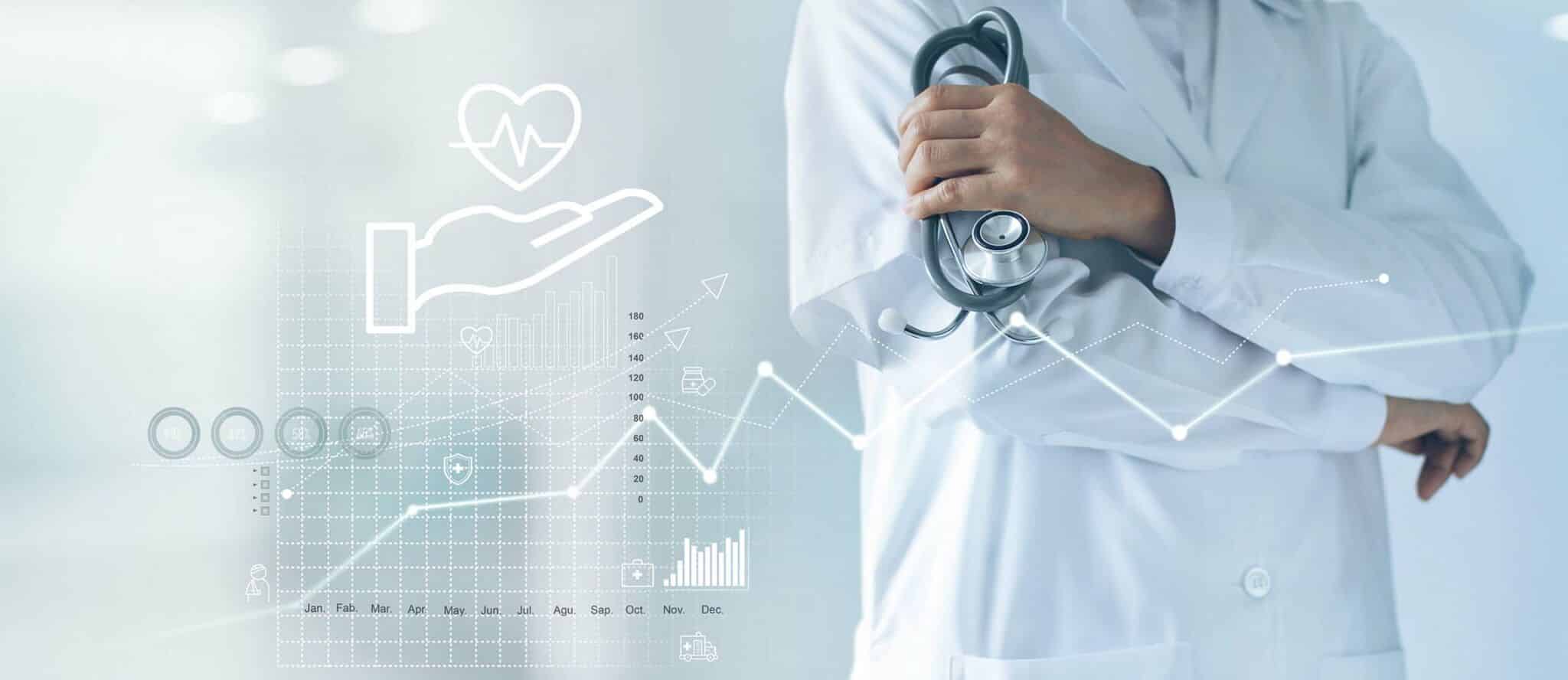
The Second-level short specialisation degree in Clinical Risk Management trains professionals in healthcare in theoretical/practical aspects with the aim of acquiring the following skills:
- identifying adverse events in the healthcare system (and related areas) and risk factors;
- using appropriate detection systems;
- preventing, managing adverse events and their consequences;
- ability to optimise the economic resources dedicated to clinical risk management;
- ability to know how to promote organisational communication and integration among the various professional figures.
The Second-level short specialisation degree in Clinical Risk Management helps train professionals in:
- detecting, analysing, and interpreting errors and their consequences;
- preventing and managing adverse events and their consequences;
- creation and evaluation of clinical-risk management plans in one’s own work unit or in a department.
The Second-level short specialisation degree in Clinical Risk Management provides theoretical and practical training for professionals who will have the specific skills of a clinical risk manager. They will be able to find work:
- as clinical-risk managers in operational units and health care companies;
- in the legal management of claims and consequences of adverse events;
- in the economic assessment of various situations related to clinical risk.
The Second-level short specialisation degree in Clinical Risk Management provides training in:
Patient Safety
- Introduction to patient safety
- Clinical risks and training
- Quality and business processes
- Errors in medicine
- The psychological dimension of errors
- Clinical- risk management: the national reference framework
- Clinical risk and devices
- Patient safety and infections
- Clinical-risk management in healthcare
- Methods and tools in clinical-risk management
- Measuring clinical risk
- Clinical risk and clinical applications
- Health professions and how to integrate clinical risk
- How to write a scientific article on clinical risk
- Involving patients
Leadership
- Managing the leadership system and team concept
Economic and legal aspects of patient safety
- Clinical risk and responsibility
- Economics and managing clinical risk
The general ranking of merit will be published on the Italian page of this Master according to the timing provided in the Call.
Information
FAQ
The Second-level short specialisation degree takes place over a period of twelve months and attendance is compulsory.
The course includes in-person lessons (lectures, seminars) and a potential internship during which the student can go further in-depth on specific topics of interest in terms of patient safety, leadership, and quality improvement.
The dates of classroom lectures and seminars will be given to students on a quarterly basis. The internship period will be agreed upon individually with the student.
The student must choose an advisor (from among the various lecturers) to work with throughout the Second-level short specialisation degree. The advisor will also oversee the student’s thesis, which will be part of the final assessment.
Attendance is compulsory for at least 70% of the total number of course hours.
The final consists of project work.

